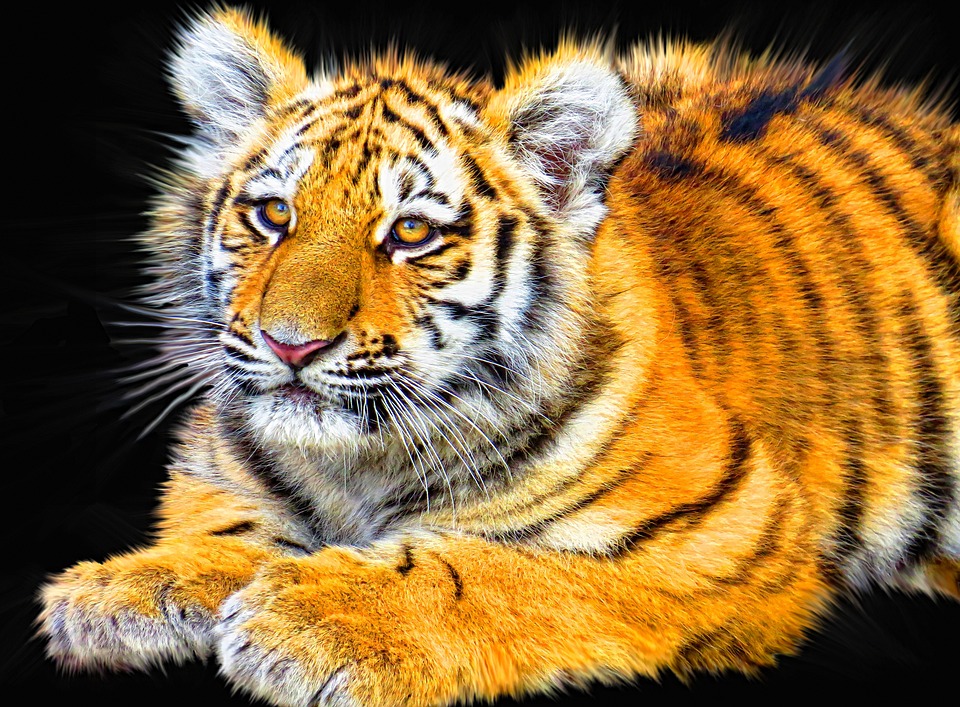Cats, like humans, require proper hydration for their overall health and well-being. Water is essential for various bodily functions, including digestion, circulation, and temperature regulation. As a responsible cat owner, it’s crucial to ensure that your furry friend has access to clean and fresh water at all times. In this article, we will explore the importance of hydration for cats, how to encourage them to drink more water, and answer some frequently asked questions about feline hydration.
Understanding the significance of hydration for cats:
Proper hydration is essential for cats for several reasons. Water plays a vital role in maintaining proper kidney function, as it helps to flush out toxins and waste from the body. Adequate hydration also promotes healthy digestion and prevents issues such as constipation and urinary tract problems. Additionally, water is crucial for regulating body temperature and overall well-being in cats.
Signs of dehydration in cats:
It’s important to be aware of the signs of dehydration in cats, as early detection can help prevent more severe health issues. Some common signs of dehydration include decreased appetite and weight loss, dry and sticky gums, lethargy and reduced activity levels, sunken eyes, and decreased skin elasticity. Changes in litter box habits, such as reduced urine output or concentrated urine, can also indicate dehydration.
Providing fresh and clean water:
To encourage your cat to drink more water, it’s important to provide fresh and clean water at all times. Make sure to wash your cat’s water bowls regularly and replace the water daily. Avoid using plastic bowls, as they can harbor bacteria or cause allergies in some cats. Instead, opt for stainless steel or ceramic bowls. It’s also a good idea to have multiple water sources available throughout the house, especially if you have multiple cats or a large home.
Encouraging drinking through environmental enrichment:
Some cats may be more inclined to drink if they are provided with environmental enrichment. Consider using water fountains or flowing water devices, as the movement of the water can attract cats. Place water bowls away from food and litter boxes, as cats prefer to drink in separate areas. Experiment with different types of bowls or materials to see what your cat prefers.
Offering wet food as a source of hydration:
Wet cat food has a higher water content compared to dry food, making it an excellent option for increasing your cat’s moisture intake. Consider incorporating wet food into your cat’s diet, either as a primary meal or as a supplement to dry food. You can also mix water into dry food to increase its moisture content. When choosing wet food, opt for high-quality options that contain real meat and minimal fillers.
Frequently Asked Questions about Feline Hydration:
Q1: How much water should my cat drink per day?
A: On average, a cat should consume approximately 60-80 milliliters of water per kilogram of body weight. However, this can vary based on factors such as diet, age, and activity level. Monitoring your cat’s water intake is essential to ensure they are drinking enough.
Q2: My cat doesn’t seem interested in drinking water. What should I do?
A: Encourage water intake by providing fresh water in clean bowls, using water fountains, or offering wet food. Some cats prefer running water, so a water fountain may entice them to drink more. If you notice a significant decrease in your cat’s water intake or have concerns, consult with a veterinarian.
Q3: Is it normal for my cat to urinate frequently after increasing their water intake?
A: Increased water intake may result in more frequent urination. However, if you notice excessive urination, changes in urine color or odor, or any other unusual symptoms, consult with a veterinarian to rule out any underlying health issues.
Q4: Can I add flavorings to my cat’s water to encourage them to drink more?
A: While some cats may be enticed by flavored water, it’s important to avoid using any additives that contain artificial sweeteners or chemicals that may be harmful to cats. Consult with a veterinarian before adding any flavorings to your cat’s water.
Q5: Are there any specific water requirements for kittens or senior cats?
A: Kittens and senior cats may require more attention to their hydration needs. Ensure they have access to water at all times and monitor their intake closely. If you have concerns about their hydration levels, consult with a veterinarian for advice tailored to their age group.
Conclusion:
Proper hydration is vital for maintaining your cat’s health and preventing various issues related to dehydration. By providing fresh water, encouraging drinking through environmental enrichment, and incorporating wet food into their diet, you can help ensure that your feline friend remains well-hydrated. Remember, monitoring your cat’s water intake and seeking veterinary advice when necessary is crucial for their overall well-being.








